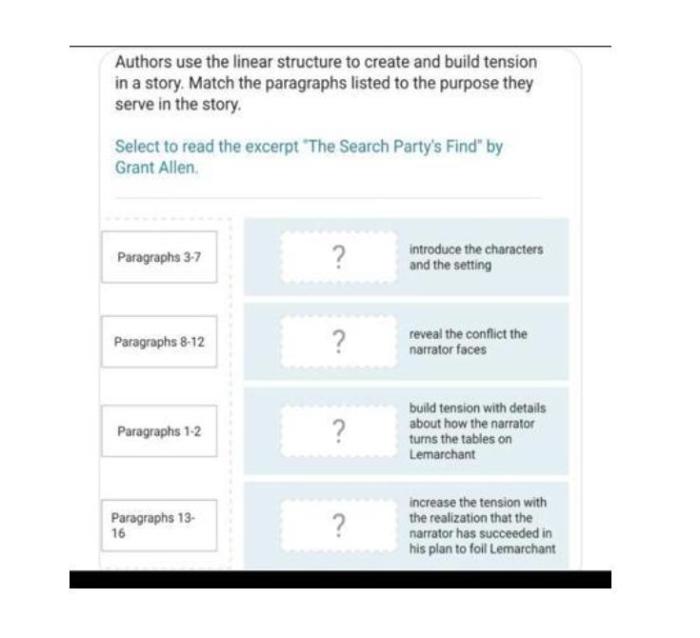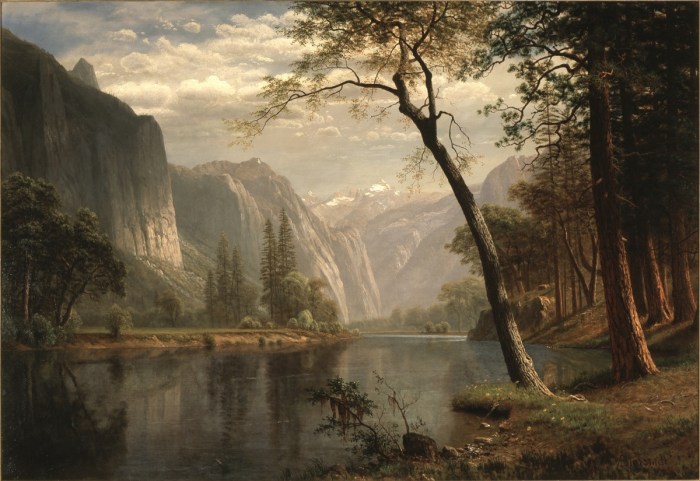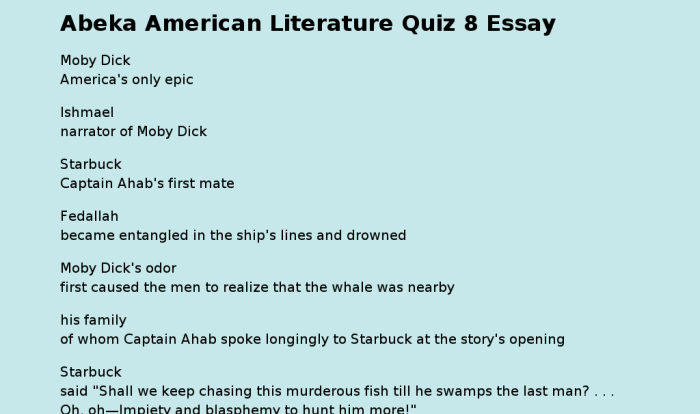Match the transcendental authors to their works – Embarking on a literary journey, we delve into the captivating realm of Transcendentalism, where renowned authors penned works that transcended the boundaries of time. From Ralph Waldo Emerson’s profound essays to Walt Whitman’s evocative poetry, these literary luminaries left an indelible mark on American literature.
This exploration unveils the intricate connection between these authors and their seminal works, illuminating the profound impact of Transcendentalist thought on the American literary landscape.
Transcendentalism, a philosophical and literary movement of the 19th century, emphasized the inherent goodness of humanity, the sanctity of nature, and the importance of intuition and individualism. These core tenets permeated the writings of Emerson, Thoreau, Fuller, and Whitman, shaping their perspectives and inspiring their literary creations.
Match Transcendental Authors to their Works

The following table provides a list of prominent Transcendentalist authors, their most well-known works, the genres of those works, and the dates of their publication:
| Author | Work | Genre | Publication Date |
|---|---|---|---|
| Ralph Waldo Emerson | Essays: First Series | Essays | 1841 |
| Henry David Thoreau | Walden | Nature writing | 1854 |
| Margaret Fuller | Woman in the Nineteenth Century | Feminist theory | 1845 |
| Walt Whitman | Leaves of Grass | Poetry | 1855 |
Transcendentalism and its Impact on American Literature
Transcendentalism, a philosophical and literary movement that emerged in the United States in the 1830s and 1840s, had a profound impact on American literature. Key tenets of Transcendentalism include:
- The inherent goodness of nature and the divinity of the natural world
- The importance of intuition and individual experience over reason and tradition
- The belief in the potential for human progress and the perfectibility of society
These tenets are reflected in the works of Transcendentalist authors:
- Emerson’s Nature(1836) celebrates the spiritual significance of the natural world and advocates for a close relationship with it.
- Thoreau’s Walden(1854) documents his two-year experiment in living in nature and exploring its transformative power.
- Fuller’s Woman in the Nineteenth Century(1845) critiques the limitations placed on women in society and argues for their intellectual and social equality.
- Whitman’s Leaves of Grass(1855) celebrates the diversity and interconnectedness of all living things and expresses a profound faith in the human spirit.
Transcendentalism contributed to the development of American literature as a distinct and influential body of work by:
- Encouraging writers to explore new themes and styles, such as nature writing, feminist literature, and experimental poetry.
- Challenging traditional literary conventions and fostering a spirit of innovation and experimentation.
- Providing a philosophical framework for understanding the American experience and the potential for human progress.
The Legacy of Transcendentalism

Transcendentalism continues to influence American literature and culture. Its ideas have resonated with subsequent generations of writers and thinkers, including:
- Herman Melville, who explored themes of nature, spirituality, and the human condition in works such as Moby-Dick(1851).
- Emily Dickinson, whose poetry often reflects Transcendentalist themes of nature, individualism, and the search for meaning.
- Henry James, whose novels explore the complexities of human relationships and the influence of the natural world.
Transcendentalist ideas have also influenced contemporary literature and culture:
- The environmental movement, which draws inspiration from Transcendentalist beliefs about the importance of nature and the need to protect it.
- The feminist movement, which continues to draw on Transcendentalist ideas about the equality of all individuals.
- The spiritual and self-help movements, which often incorporate Transcendentalist ideas about the importance of intuition and self-reliance.
Transcendentalism has shaped American thought and values by:
- Fostering a sense of national identity and purpose
- Encouraging a spirit of exploration and innovation
- Promoting the values of individualism, self-reliance, and the pursuit of knowledge
The Transcendentalist Movement in Context: Match The Transcendental Authors To Their Works

The Transcendentalist movement emerged during a period of significant social, political, and intellectual change in the United States:
- The Industrial Revolution was transforming the economy and society, leading to urbanization and the growth of a middle class.
- The Second Great Awakening was sparking a religious revival and a renewed interest in spirituality.
- The rise of democratic ideals was challenging traditional social hierarchies and fostering a belief in the potential for human progress.
Transcendentalism reflected the spirit of the times by:
- Rejecting the materialism and conformity of the Industrial Revolution.
- Embracing the spiritual and emotional dimensions of human experience.
- Celebrating the potential for individual and social transformation.
Transcendentalism contributed to the development of American identity by:
- Providing a philosophical framework for understanding the American experience
- Encouraging a sense of national purpose and destiny
- Promoting the values of individualism, self-reliance, and the pursuit of knowledge
Query Resolution
Who were the key figures of the Transcendentalist movement?
Ralph Waldo Emerson, Henry David Thoreau, Margaret Fuller, and Walt Whitman were among the most prominent Transcendentalist authors.
What were the core tenets of Transcendentalism?
Transcendentalism emphasized the inherent goodness of humanity, the sanctity of nature, and the importance of intuition and individualism.
How did Transcendentalism influence American literature?
Transcendentalist thought infused American literature with a focus on self-reliance, the interconnectedness of all living things, and the pursuit of truth.
